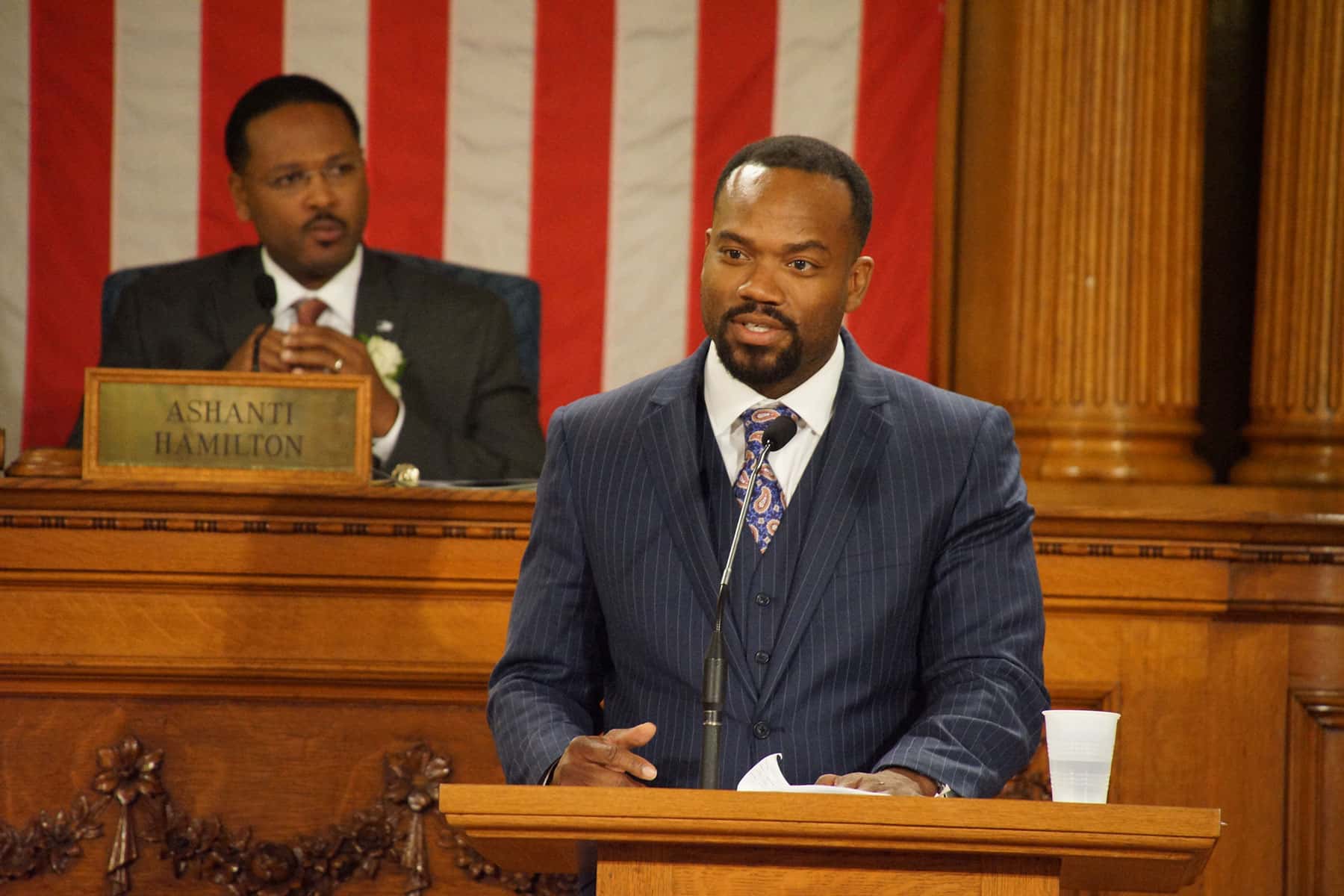
Alderman Russell W. Stamper, II, chair of the Council’s Community and Economic Development Committee and the primary sponsor of the ordinance, said the measure will help put Milwaukee residents to work in a substantive way.
“Economic opportunities are elusive for residents in too many neighborhoods across Milwaukee, and I am confident the ordinance approved today will benefit those who most need those opportunities and who live in the most hard-hit ZIP codes in our city,” said Alderman Stamper, who serves as chair of the Workforce Organizational Reform Committee (WORC) that has spent months retooling the ordinance prior to its adoption today.
Alderman Stamper said the ordinance bolsters the Residents Preference Program (RPP) to hold the city accountable to achieve the goals of its various workforce development and economic participation initiatives (RPP, SBE-Small Business Enterprise, LBE-Local Business Enterprise). “The bottom line is the re-worked ordinance will also significantly boost the opportunity for disadvantaged residents to learn valuable skills while working as an apprentice or as a trainee – something that wasn’t offered under our original RPP program,” he said.
The ordinance includes the following significant changes to the city’s workforce development and economic participation initiatives:
- The 5-year qualification period for RPP workers is removed and the amount of time a person needs to be unemployed to qualify for the RPP program is shortened. These changes make it easier for residents to 1) become RPP qualified and 2) remain RPP qualified.
- Developers and contractors are required to hire one-quarter of RPP workers from the impoverished areas of the City of Milwaukee and are required to hire a certain percentage of apprentices or on-the-job trainees.
- Incentives are created to promote the use of RPP workers, SBEs and LBEs by contractors and developers. These incentives include: 1) An additional award standard for LBEs who are also SBEs. 2) Credits awarded for exceeding the required percentage of workers hired from impoverished areas or hired as apprentices/on-the-job trainees.
- Contractors or developers unable to meet the requirements of the RPP program are
allowed to hire unemployed or underemployed residents to work on projects in Kenosha, Ozaukee, Racine, Walworth, Washington, and Waukesha Counties, provided those residents began their employment on projects in the city. - The creation of an RPP Review Commission for review of RPP compliance, performance and other program matters.
The WORC held five meetings on the ordinance, including two dedicated solely to input
from developers, contractors, compliance monitors, trades, unions, RPP workers, and other training and community agencies.
Alderman Stamper again offered his thanks to, and praised the dedication and service of the WORC’s members: Dan Thomas (Department of Public Works), Lori Lutzka (Department of City Development), Nikki Purvis (Office of Small Business Development), and Ronald Roberts (Department of Neighborhood Services).














